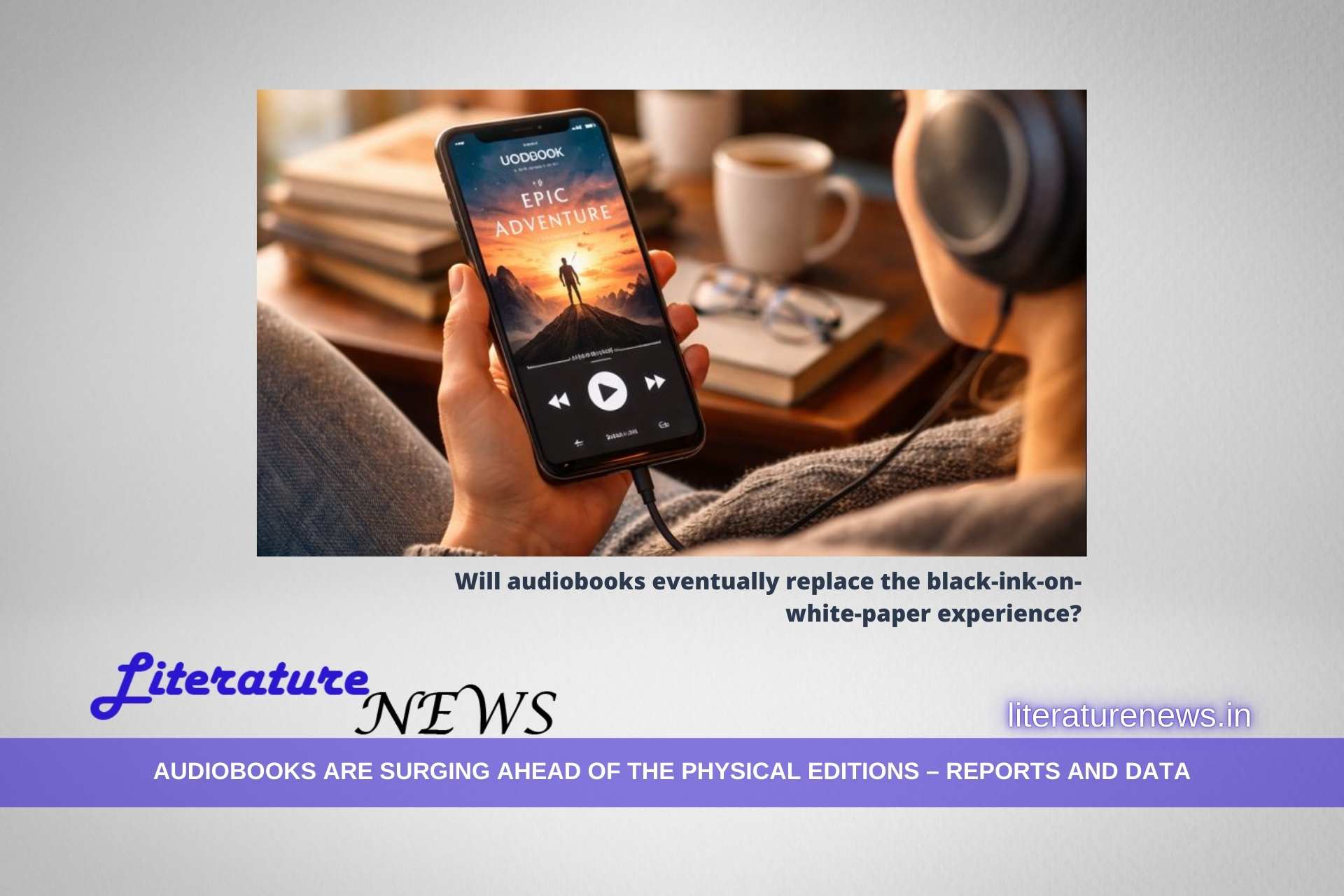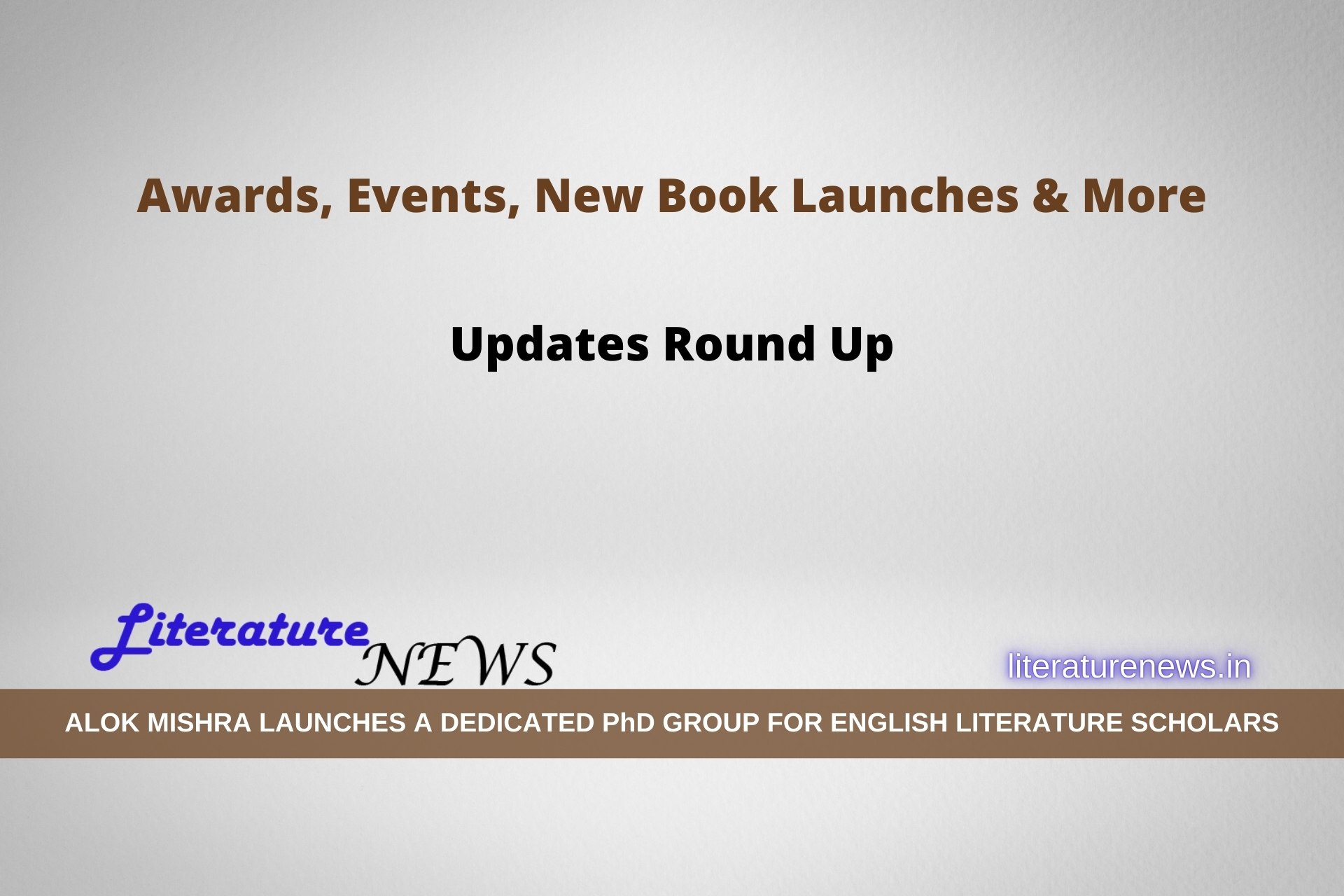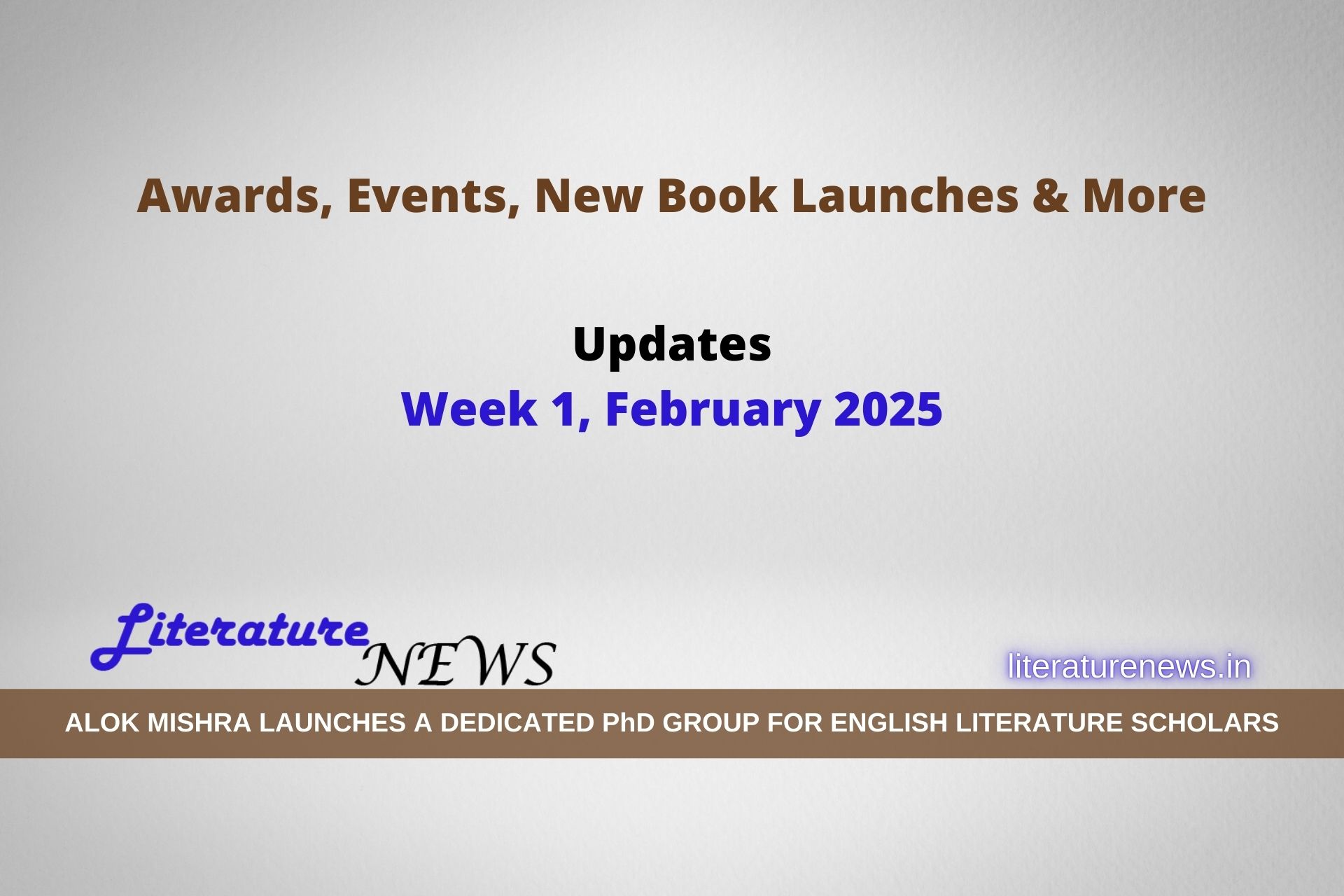October 2024 emerged as a landmark month in the world of literature, uniting voices from every continent through awards, publications, and festivals that reaffirmed literature’s capacity to confront trauma, inspire dialogue, and celebrate diversity. From the Nobel Prize’s historic recognition of an Asian woman writer to global festivals foregrounding decolonisation and climate narratives, the month reflected both a spirit of innovation and an unyielding belief in storytelling’s transformative power.
A Month of Literary Gatherings: Bridging Cultures and Causes
October’s literary calendar brimmed with activity, bringing together authors, readers, and publishers across continents. The Frankfurt Book Fair (October 16–20), the world’s largest trade fair for books, stood as a testament to the publishing industry’s adaptability. Drawing over 4,000 exhibitors from more than 90 countries and attracting 300,000 attendees, the event highlighted two key concerns of contemporary publishing: AI integration and sustainability. With Italy as the Guest of Honour, the fair celebrated Italian literary icons such as Elena Ferrante and Italo Calvino, while major rights deals, including HarperCollins’ acquisition of Italian science fiction titles, indicated the continued globalisation of the literary market.
In the United States, Litquake (October 4–19) marked its 25th anniversary as the West Coast’s largest independent festival. Hosting 500+ authors across 100+ events, Litquake emphasised inclusivity by spotlighting queer and BIPOC voices. The event featured Min Jin Lee’s keynote on immigrant narratives and youth-focused sessions, such as Kidquake, for young readers, combining literary celebration with community engagement and drawing over 20,000 attendees.
Meanwhile, the Ubud Writers & Readers Festival (October 24–27) in Bali continued to position Indonesia at the centre of Asia’s literary resurgence. Themed “Power of Story,” it hosted 150 writers from 25 countries, including Nobel laureate Abdulrazak Gurnah, and featured dialogues on decolonial narratives, eco-fiction, and oral traditions. With 10,000 visitors and a strong youth programme for 500 students, Ubud strengthened its reputation as a cultural bridge between the Global South and the literary mainstream.
Smaller yet impactful events enriched the global landscape. London’s Portobello Book Festival (October 4–6) spotlighted migration and memoir through 60+ sessions, while the Morristown Festival of Books (October 10–11) in New Jersey combined literature with music and food, hosting acclaimed authors like N.K. Jemisin. The Wisconsin Book Festival (October 17–20) celebrated Midwestern voices and Indigenous storytelling, reaching an additional 15,000 virtual attendees.
Across all major festivals, hybrid formats remained prevalent, with 40% of participation being virtual, and inclusivity took centre stage—over 60% of panels featured non-Western perspectives, signalling a sustained commitment to diversifying the literary discourse.
Awards and Accolades: Celebrating Diverse Voices
Awards in October 2024 reflected a conscious shift toward inclusivity and creative audacity. The most notable announcement came on October 10, when the Nobel Prize in Literature was awarded to Han Kang of South Korea, making her the first South Korean and first Asian woman laureate. The Nobel Committee cited her for “intense poetic prose that confronts historical traumas and exposes the fragility of human life.” Her internationally acclaimed novel The Vegetarian (2007) saw a dramatic 1,000% surge in sales following the announcement, and the recognition underscored Asia’s growing literary influence.
The National Book Awards (NBA) finalists, announced on October 1, spanned 25 categories, highlighting debut and independent authors. The fiction shortlist featured Percival Everett (James) and Samantha Harvey (Orbital), while Matthew Desmond’s Poverty by America stood out in nonfiction. The poetry category honoured Lena Khalaf Tuffaha for Something About Living. Lifetime awards went to Barbara Kingsolver and W. Paul Coates, reaffirming the importance of both creative and editorial excellence in shaping literary heritage.
The Neustadt International Prize for Literature, awarded biennially by the University of Oklahoma, went to Ananda Devi from Mauritius for her powerful exploration of postcolonial identity and gender politics in works such as Eve de ses décombres. The jury commended her “lyrical ferocity” and “fearless insight into fractured societies.”
Although initially announced in June, the Lambda Literary Awards continued to make waves through October, celebrating queer voices, such as Zeyn Joukhadar (The Thirty Names of Night). With growing threats of book bans in the United States, these recognitions amplified the role of literature in resistance and representation.
Meanwhile, anticipation built around the upcoming awards. The PEN America Literary Awards and Goodreads Choice Awards began releasing longlists and nominations, highlighting reader engagement and the democratic side of literary appreciation. Predictions for the Nobel Prize had favoured Haruki Murakami and Ngũgĩ wa Thiong’o, but Han Kang’s triumph proved that literary innovation and emotional truth remain paramount in global recognition.
Publishing Highlights: From Page to Global Phenomenon
Book releases in October 2024 were marked by remarkable thematic diversity and a noticeable uptick in both literary and commercial experimentation. According to Nielsen BookScan, over 1,000 new titles were released worldwide, with thrillers (30%), literary fiction (25%), and young adult fantasy (20%) being the most prominent genres.
Early in the month, Kathy Reichs returned with Revenge, the 20th instalment in her Temperance Brennan series, while Augustus Hill’s The Revisionists revisited 19th-century New Orleans with a postcolonial lens. The Tipping Point (Revised) by Malcolm Gladwell explored viral ideas in the age of artificial intelligence, merging social psychology with contemporary digital analysis.
Mid-October saw the release of Martyr! by Kaveh Akbar, a National Book Award longlistee, and Laziness Does Not Exist by Devon Price, a cultural critique of overwork culture. Orbital by Samantha Harvey, later a Booker Prize winner, delved into the psychological isolation of astronauts. At the same time, Percival Everett’s James—a retelling of Huckleberry Finn from Jim’s perspective—garnered both critical acclaim and commercial success, with sales increasing fivefold after its award nomination.
Noteworthy reissues such as Octavia E. Butler’s Parable of the Talents and Gabriel García Márquez’s Cien Años de Soledad reaffirmed the ongoing relevance of canonical voices. At the same time, contemporary global releases like Ghostroots by Pemi Aguda (Nigeria) and The Witches of El Paso by David Bowles (Mexico) expanded speculative and diasporic fiction’s frontiers.
Independent presses, such as Graywolf and Coffee House, continued to nurture experimental works, and audiobook formats accounted for 40% of total releases—an indicator of shifting reader preferences in the digital era.
Industry Insights and Cultural Currents
Financially, the publishing sector reflected strong momentum. Bloomsbury Publishing reported 20% revenue growth for Q1 FY2025, bolstered by the success of fantasy series like The Inheritance Games. RELX Group, with global revenues of $6.3 billion, diversified further into data-driven academic and professional publishing.
The month was not without controversy. Debates over AI-generated cover art and translation copyright laws, particularly in Indonesia, reignited discussions on authorship ethics. The #ReadHanKang movement trended globally, with over 100,000 posts celebrating Asian literature, while organisations like PEN America intensified anti-censorship campaigns amid a reported 10% rise in book bans in U.S. schools.
Opportunities for emerging writers also flourished, with over 160 global calls for submissions, residencies, and poetry contests announced through platforms like Wordbox and The Poetry Business.
Conclusion: Literature’s Defiant Pulse
As October 2024 drew to a close, world literature stood more interconnected, self-aware, and resilient than ever. The month’s events and recognitions underscored literature’s capacity to evolve—embracing technology while preserving authenticity, celebrating marginalised narratives while engaging global audiences. With the National Book Awards and holiday releases on the horizon, readers and writers alike find themselves at the threshold of a literary season defined by experimentation, inclusivity, and intellectual courage.
October 2024 proved that literature, in all its forms, remains not only a mirror to society but also its conscience—defiant, diverse, and enduring.
Global News Desk





Add Comment